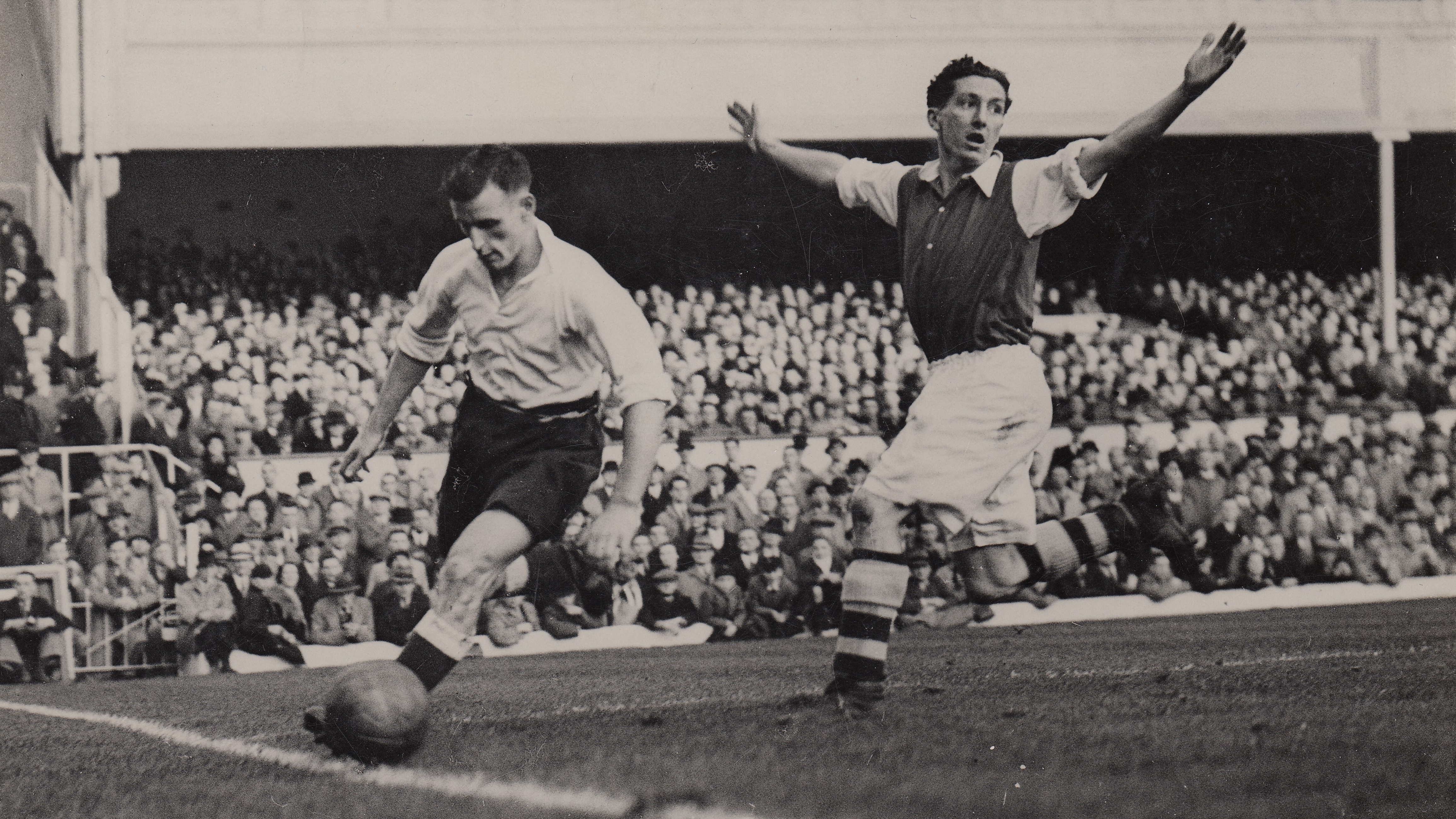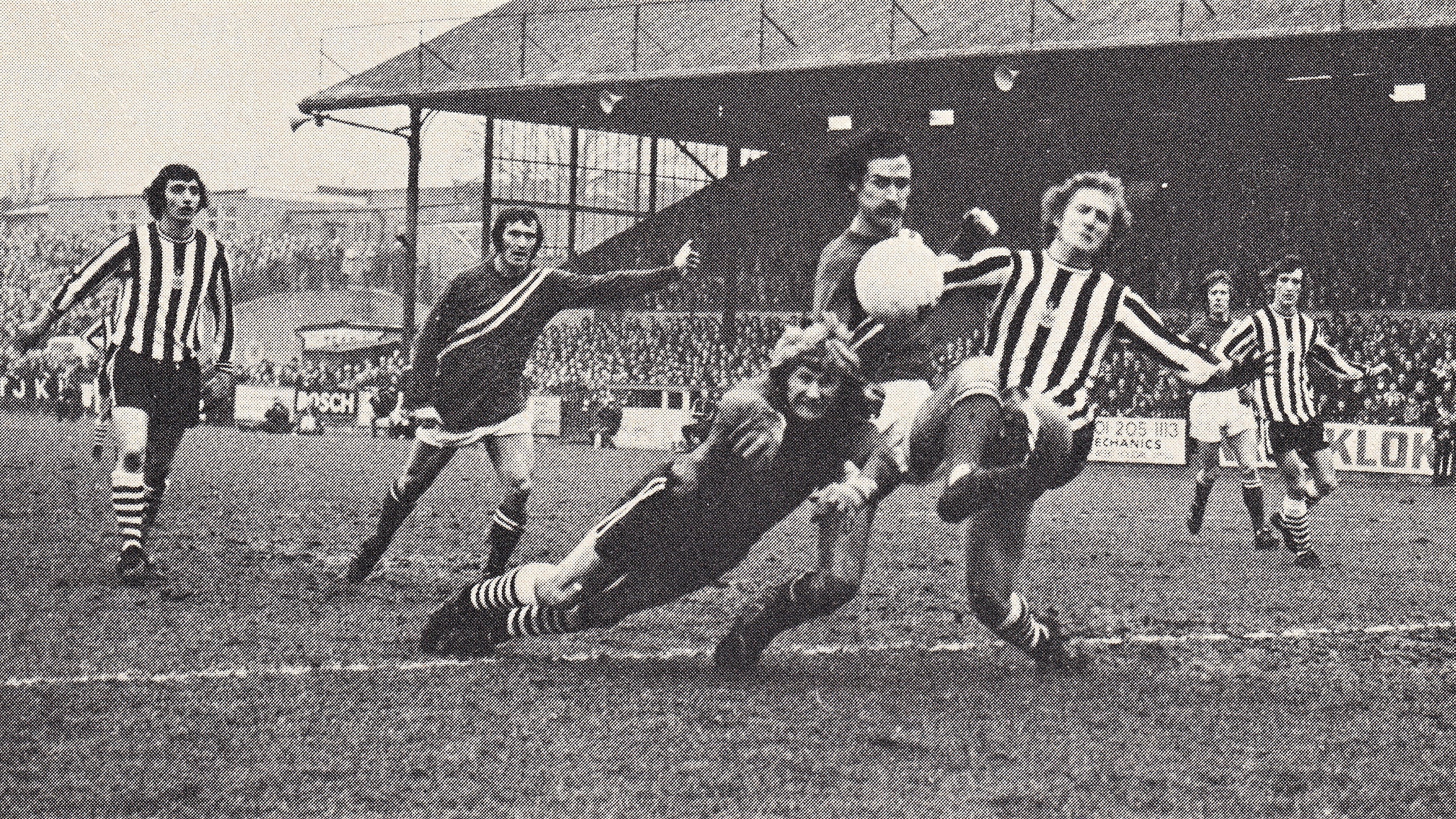Features
Strange times: Club historian Paul Joannou looks at previous disruptions to football
Written by Paul Joannou
No-one could have imagined what the year 2020 would bring; a world-wide virus epidemic, lockdowns and resultant economic woe. The country - along with the rest of Europe - is almost on a 'war footing'. It's an unsettling, strange time for us all and a huge challenge. Modern generations have never experienced anything quite like it. We now can get an impression what our ancestors went through during two world wars.
And football has come to a sudden halt. Over Newcastle United's near 140-year history, apart from snowy winters, notably in 1962-63, suspension of activities has been very rare. It appears United escaped disruption when a smallpox epidemic hit the country during the 1890s - although Middlesbrough had to cancel matches - but it was a different matter when war was declared in 1914.
The football machine had already geared up for the new 1914-15 season. Player contracts had been agreed and many clubs had entered into what were substantial financial commitments with bank loans and director guarantees. Included were new player signings, not least at St. James' Park where they had splashed out on a new striker, Bob Pailor. Training was complete, pre-season matches underway and season tickets sold.
It was difficult, if not impossible, for the corporate entities of football to suddenly place everything in limbo. The professional game, as distinct from the amateur or part-time one, in which there were hundreds of clubs and thousands of players, had to be run as a business. The government did not step in and senior football continued as normal as war raged.
As the season progressed, clubs felt a big slow-down at the turnstile and with it, income and that was much the reason as any to cease professional football. Many sides, from the rich elite to the less well off, were badly hit financially with the Football League instigating a relief scheme for those clubs in dire need. The First Division's average attendance had dropped from 22,000 to just short of 14,000. Even the biggest clubs felt the pinch. Newcastle United's finances dipped while neighbours Sunderland very nearly folded altogether due to the worsening position. By the campaign's close, senior football was suspended.
For the first time, the game entered a period of severe intrusion - and for some, total closure. United were one of the clubs to bring down the shutters, the Magpies all but closing down on 22nd July 1915. Following a board meeting at St. James' Park when the crisis "was reviewed at length," it was decided and reported that "the club should take no further part in competitive football until the close of the war." Only occasional games with scratch line-ups, and the junior Newcastle Swifts (main picture), took to the field.
A nasty and lethal spin-off from the battlefield of World War One was an influenza pandemic which spread across the world between 1918 and 1920. Some research points to the Western Front as the source, circulating among European armies in France and Belgium for months before the virus took hold as a widespread killer. British soldiers arrived back on home soil with the bug and it spread through the country. Over 220,000 were killed, including two Newcastle United footballers.
Scottish international winger Angus Douglas was an established forward and became a popular and effective winger. Working as a shell-machinist during the war years at Armstrong's factory on Tyneside, peace had just taken effect and Douglas was looking forward to starting his footballing career once more and adding to his 56 appearances. He would have been an important talent for the Magpies. However, Angus caught the influenza blight and the virus quickly took hold. Douglas died at his South Gosforth lodgings on 14th December 1918, just before his 30th birthday.
Wallsend-born inside-forward Jack Stanley Allan, the son of the local Lord Mayor, joined the Royal Army Medical Corps (RAMC) during the war but within two weeks of his safe return to Newcastle from France, and still in the army, he died at his Wallsend home on 4th May 1919 when only 32 years of age.
England schemer Ray Bowden (right, in Arsenal colours) who joined United for a big fee and signed off his career with a hat-trick for the Magpies as World War Two broke out
Barely 21 years later the world was in conflict once more. The 1939-40 season was just three games old; United had travelled to face Millwall and Nottingham Forest, then entertained Swansea Town at Gallowgate as the clouds of war loomed. Newcastle signed off quite remarkably with an 8-1 victory, only for the results to be wiped from the record book and the season abandoned. Ray Bowden, United's England schemer and a big buy from Arsenal, scored a hat-trick; it was to be his very last game of senior football! Like most clubs, this time Newcastle United continued to operate through the five wartime regional seasons, although government restrictions meant attendances and travel was restricted.
The only other time when a government emergency affected football in the country was back in 1974 - in the memory of many older United supporters. This season there are similarities to the club's run to Wembley in the FA Cup back then. It was the first decent run in the competition for years, and United had an unpredictable line-up, but with potential match-winners. Sound familiar?
We faced tricky early games against lower opponents, scored three goals at The Hawthorns in the fifth round, then faced a big quarter-final here at Gallowgate. With an oil embargo and miners' strike, the country was hit with power restrictions and a resultant three-day week crippled the country. Floodlights had been banned to save energy, so United were forced to play midweek replays against Hendon and Scunthorpe in daylight.
Hendon v United in 1974; Pat Howard and Willie McFaul foil the non-leaguers in the replay
Non-leaguers Hendon were United's third round opponents and they gave United a mighty fright on Tyneside, the Magpies going through 4-0 after a replay. Scunthorpe were again a tricky opponent on Tyneside, United once more needing a replay to progress to the fifth round, for the first time in 13 years.
Just like earlier this season, United largely controlled that tie against West Bromwich Albion, then also pushing for promotion from tier two. At The Hawthorns United won 3-0 when around 15,000 Geordies headed for the Midlands.
FA Cup excitement intensified when Newcastle were given a home draw, just as we were this year until coronavirus put a stop to everything. Back in 1974 a controversial tie with Nottingham Forest took place over three games. Forty six years on and we still have to face Manchester City in round six when the 2020-21 season gets back to action.
"A government emergency affected football in the country back in 1974. This season there are similarities to the club's run to Wembley in the FA Cup back then. It was the first decent run in the competition for years, and United had an unpredictable line-up, but with potential match-winners. Sound familiar?"



